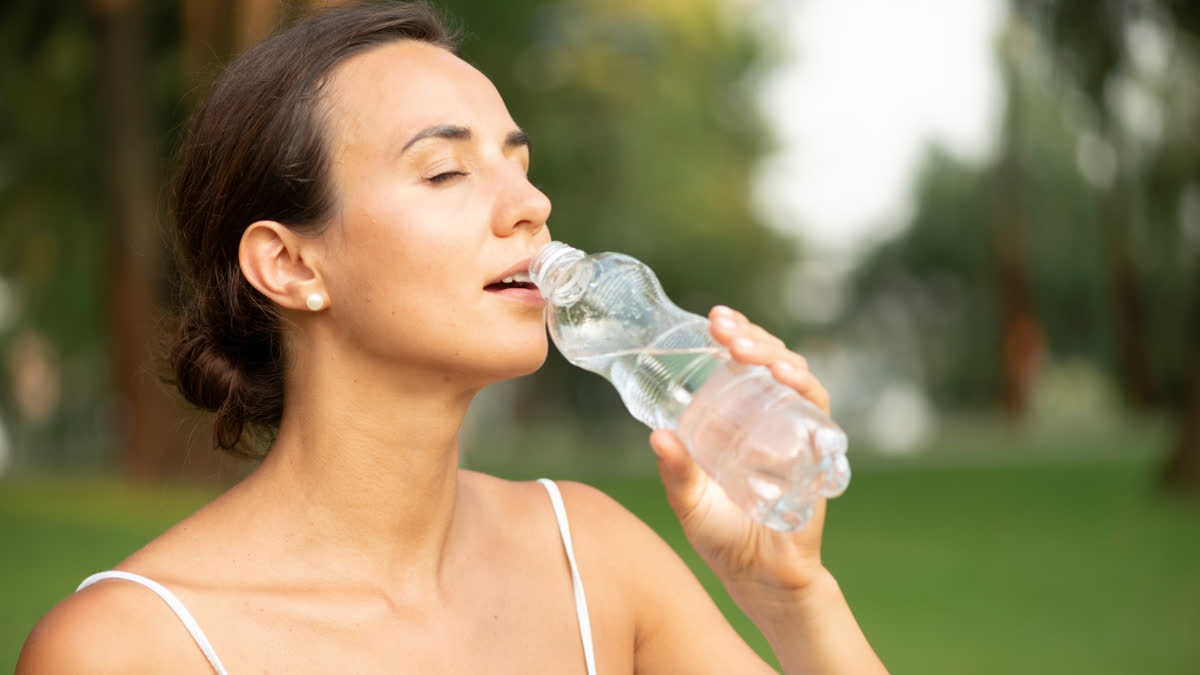Staying hydrated is important for health, but how much water do we really need each day? Recommendations differ, but understanding why water is crucial for health helps make sense of your body’s needs. According to a research by Mayo Clinic, each individual needs are different depending on many factor. But your individual water needs depend on many factors, including your health, how active you are and where you live. No single formula fits everyone. But knowing more about your body's need for fluids will help you estimate how much water to drink each day.
How Much Water Should You Drink Daily?
The 8x8 rule, or drinking eight 8-ounce glasses (about 2 liters or half a gallon) daily, is a popular guideline, but it’s just that—a general guideline. The right amount of water varies based on your age, sex, body size, activity level, and even the climate where you live.
3.7 liters (125 ounces) for men
2.7 liters (91 ounces) for women
This includes all beverages and moisture in food, not just plain water. Fruits, vegetables, coffee, tea, and milk all contribute to your daily intake.
Factors that affect your water needs
Climate and environment: Warm or humid weather makes you sweat more, so you’ll need more water to compensate for the lost fluids.
Activity level: The more active you are, the more water you’ll need, as physical exertion increases sweat and water loss.
Health conditions: Illnesses that cause fever, vomiting, or diarrhea require increased hydration. Some conditions, like kidney stones or urinary tract infections, may also demand more water.
Pregnancy and breastfeeding: Women who are pregnant or breastfeeding need more fluids to stay hydrated.
How water impacts your health
Proper hydration is key to several bodily functions and can prevent many health issues. Here's what water does to your body if you drink it enough.
Regulates body temperature:
Sweating is your body’s way of cooling down. Without adequate water, this process is disturbed, which can lead to overheating and dehydration.
Aids digestion:
Water helps break down food and keeps things moving through the digestive system. It’s also crucial for nutrient absorption. Inadequate hydration can lead to constipation and digestive discomfort.
Boosts Skin Health:
